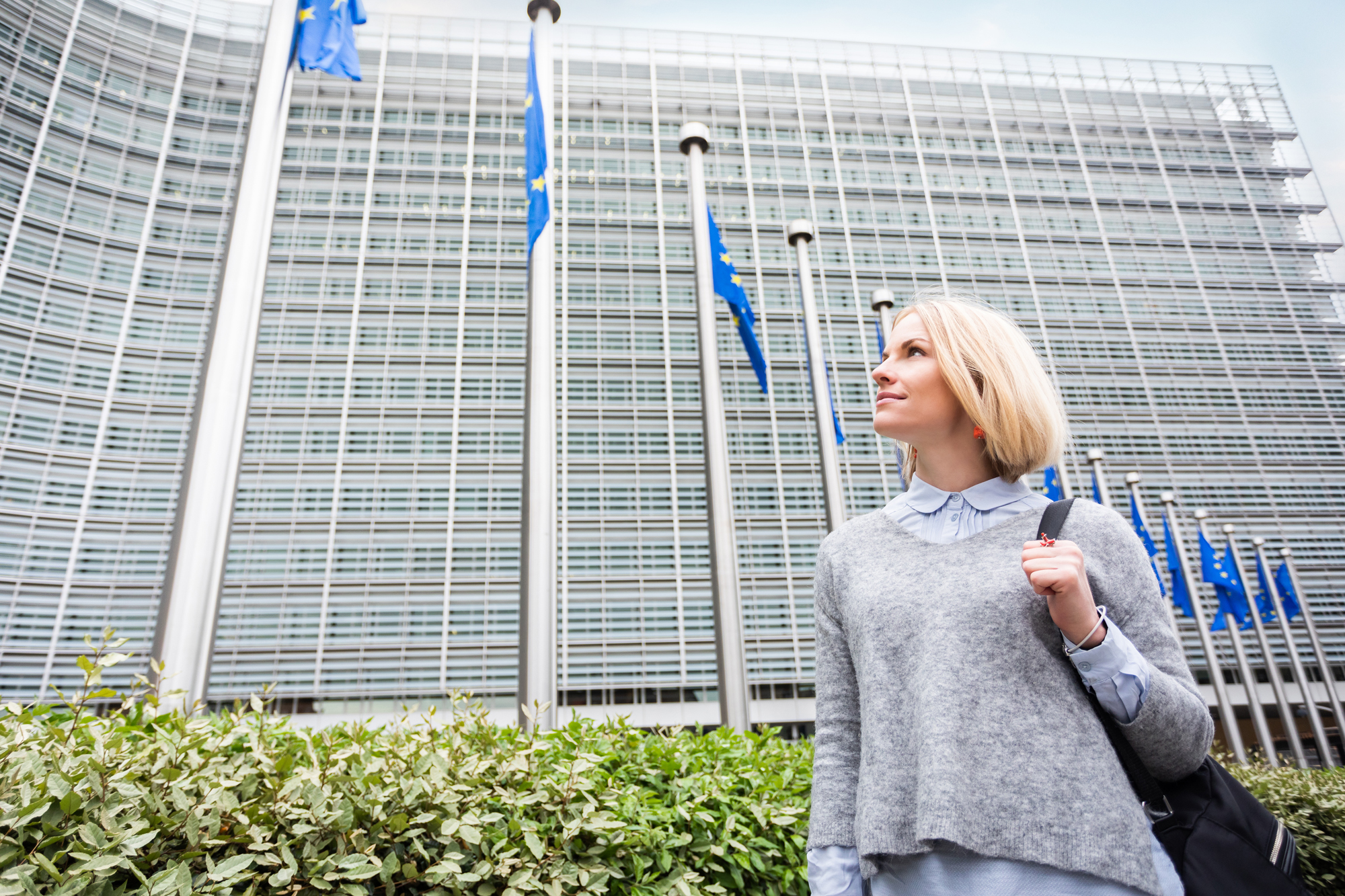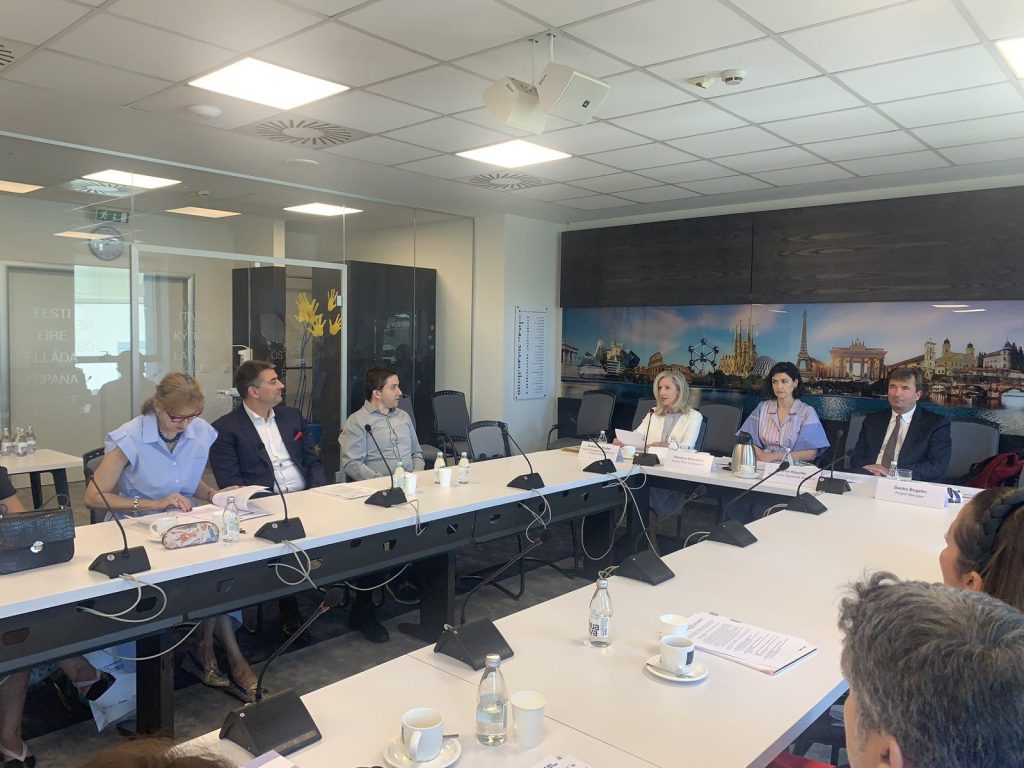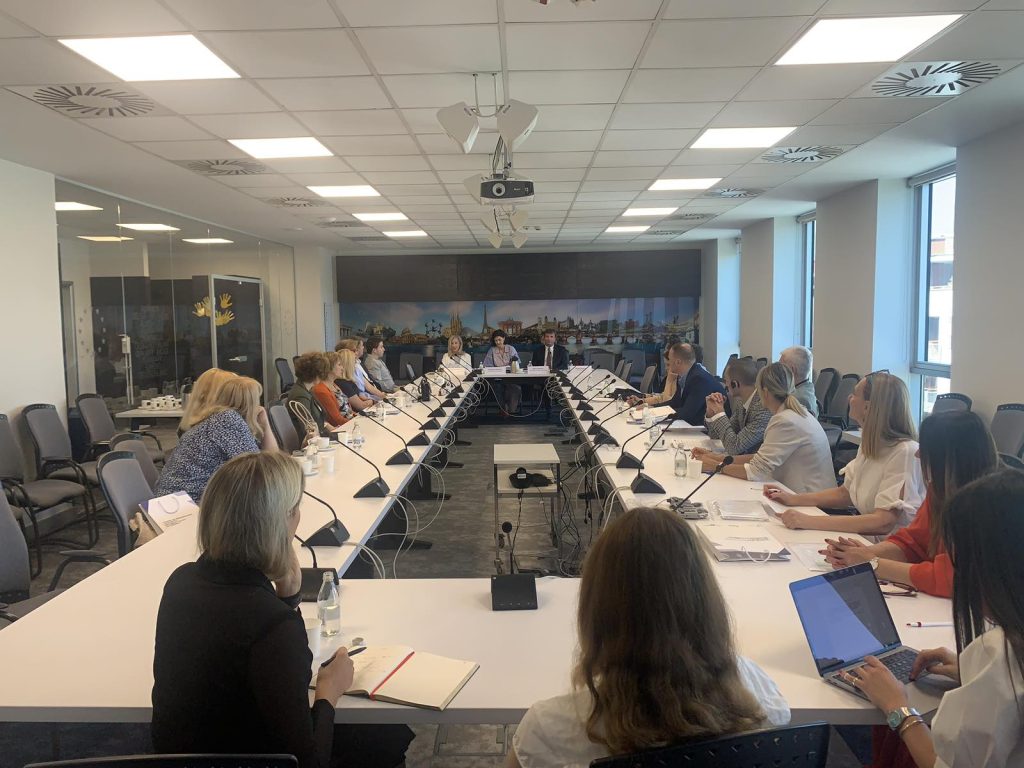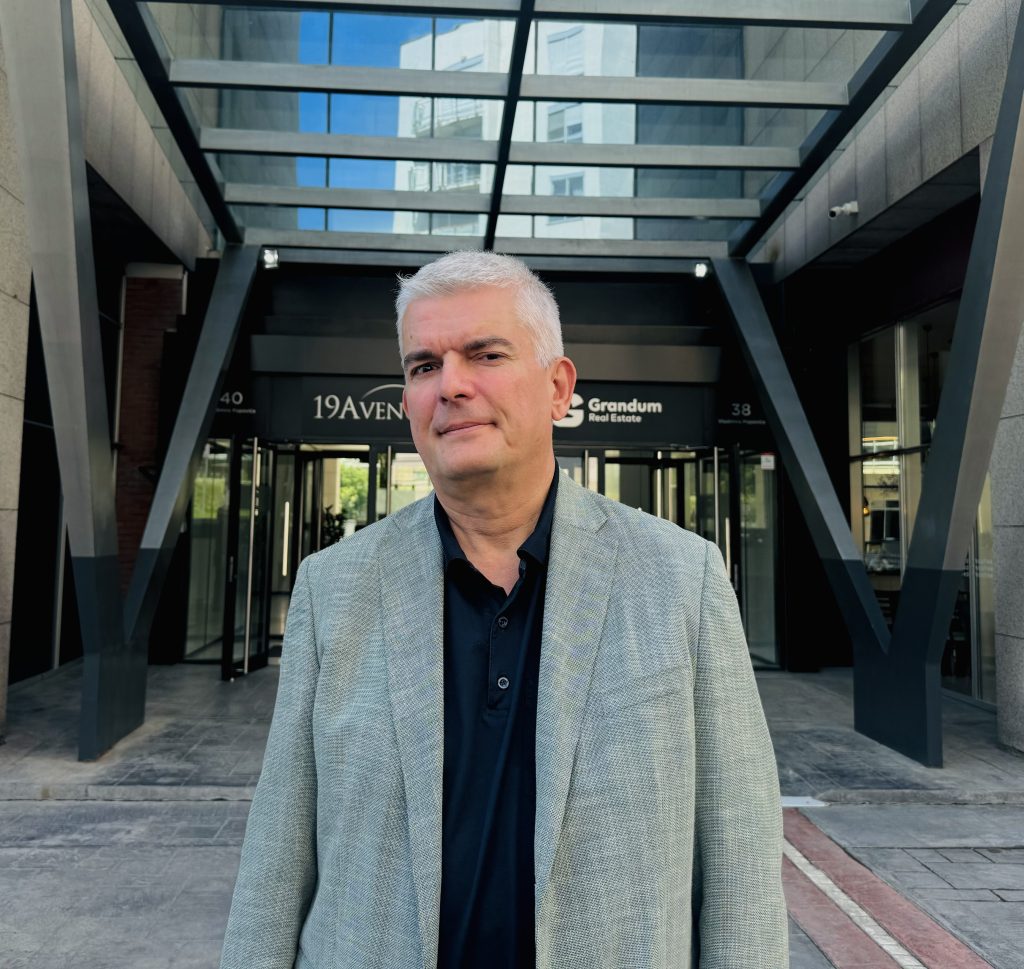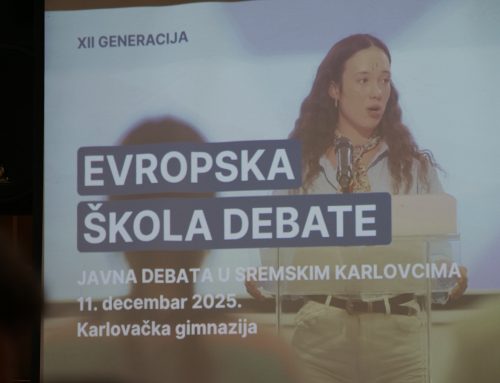Serbia and the EU are working together to implement key reforms, with knowledge being one of the most important resources in this process. Civil servants, who lead reforms, are constantly improving their experience and skills in order to successfully navigate the dynamic environment of European integration.
The study visit to Brussels is a valuable opportunity to learn and exchange experiences with colleagues from the EU. 17 civil servants, training participants within the project “Strengthening professional capacities of senior civil servants in the Republic of Serbia”, are traveling to visit the institutions of the European Union in Brussels. The fourth study visit is organized in order for civil servants, who have undergone training to strengthen their skills and increase their knowledge in the field, to become practically familiar with the work of the Brussels administration.
For a group of civil servants traveling to Brussels, a preparatory meeting for the study visit was held in the premises of the Delegation of the European Union in Belgrade, where they were received by the Deputy Head of the Delegation of the EU in Serbia, Plamena Halacheva, with her associates. She wished them a successful visit and introduced them to the activities that they will participate in in Brussels.
Plamena Halacheva pointed out that it is very important that the representatives of the administration of the Republic of Serbia meet people who are the leaders of the most important bodies of the European Union and learn about their work. In addition, she mentioned that the period of the visit is excellent since the visit is happening right after the elections for the European Parliament, which are just starting. The elections for the European Parliament represent the biggest democratic event, with participation of almost 450 million people.
Andrea Hochhuber, Head of European Integration, Economic and Trade Section in the EU Delegation in Serbia spoke about the course of Serbia’s negotiations for EU accession – from the very beginning until this day, about the progress achieved in each of the chapters and about the importance of European integration for our country.
Martin Klaucke, Head of Operations II of the EU Delegation in Serbia, spoke about the financial and technical support that the EU provides to Serbia during the pre-accession period, the programs through which this support is implemented, and especially about the new Digital Europe.
“I am very pleased that I had the opportunity to be a participant in the training program within the project ‘Strengthening professional capacities of senior civil servants in the Republic of Serbia’, which enabled us to listen to eminent trainers and lecturers who shared their knowledge on various topics and from various fields, as well as skills useful for further professional work. The study visit to the Brussels institutions comes as the highlight of the project, where, after the theoretical part, we will get to know practically the functioning of the Brussels administration, but also make contacts that we can use in our teams and further work”, said the participant of the training, Secretary of the Securities Commission, Goran Kuprešanin.
The project ‘Strengthening professional capacities of senior civil servants in the Republic of Serbia’ has been implemented by the National Academy of Public Administration (NAJU) for three years with the financial support of the Delegation of the European Union. So far, more than 200 senior civil servants in the Republic of Serbia attended trainings aimed at improving professional and personal skills and knowledge.
So far, Serbia has received almost four billion euros in grants from the European funds, of which 215 million euros were spent solely on public administration reform. Annually, around 200 million euros are allocated from the pre-accession IPA funds for public finance management and improving the work of local self-governments and independent institutions. Public administration reform is one of the most important elements of Serbia’s EU accession process, and in 2014 it was also put on the forefront of the negotiations. A modern and professional public administration is a key element for every EU member state in order to effectively implement laws and transparently manage funds from the EU funds.

